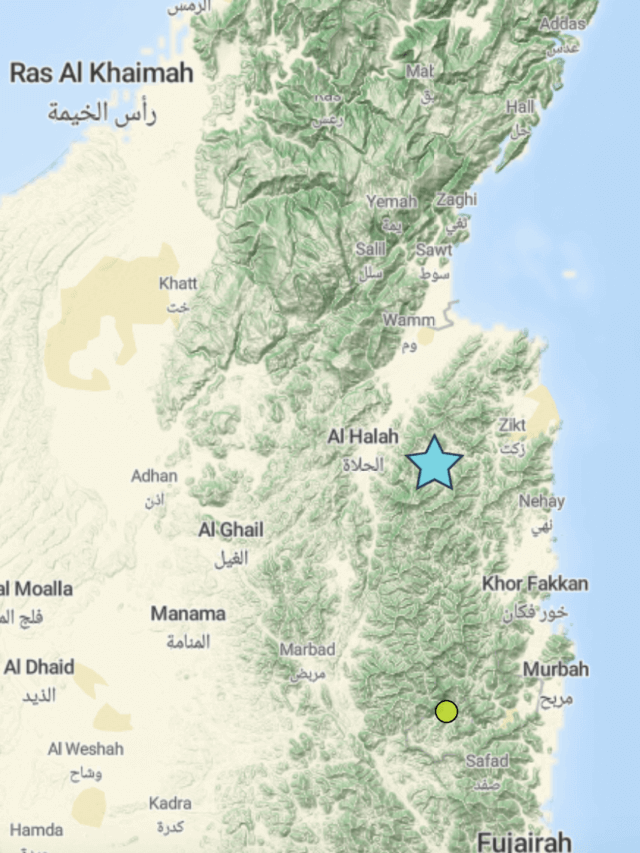The Philippines civil aviation authority said on Friday that the government has strengthened security at 42 airports in response to bomb threat.
According to the report, all commercial airports in the Philippines have implemented “immediate enhanced security measures” while authorities determine whether or not the threat is credible. The research states that emails and airplane tickets to Cebu, Bicol, Davao, and Palawan were all potential targets.
Despite the warning, Manila’s major international airport and the country’s two largest airlines continued regular operations, and Transport Minister Jaime Bautista said that there would be no disruptions to flight schedules.
Authorities in Manila have deployed more police and canine patrols at terminals as part of “immediate enhanced security measures” at airports, while verifying the threat.
After receiving “bomb threats,” the CAAP on Wednesday instructed airports to increase security.
The report continued by saying that an unidentified email warned of a potential danger to flights from Manila to Davao, Bicol, and the popular tourist destinations of Palawan and Cebu.
The CAAP alluded to a screenshot of the emailed threat in a document. it was from 4 October, leaked to the public on Friday, october 6th. The emailed threat did not use the term “bomb” but instead said that “an airplane will explode” at Manila’s international airport and “please beware.”
The anonymous email said that Cebu, Palawan, Bicol, and Davao will also be affected by the disaster.
The tourist bureau of the Philippines reports that Cebu, one of the most popular beach destinations in the area, welcomed more than one million domestic and international visitors in the previous year, while the province of Bicol in the central Philippines welcomed about five million.
Aviation Police Chief on Philippines Bomb Threat
Aviation Police Chief Jack Wanky said he doubts the veracity of the threat. He acknowledged receiving the threat on Wednesday morning at around 8:00 am (0000 GMT).
It’s quite likely an elaborate scam. He said that nothing was taking place.
“Operations at the airport are ongoing, which is completely normal.”
The email was first sent to a minor airport in the province of Bicol. The National Capital Region Police Department got information along these lines, and they notified the aviation police.
















